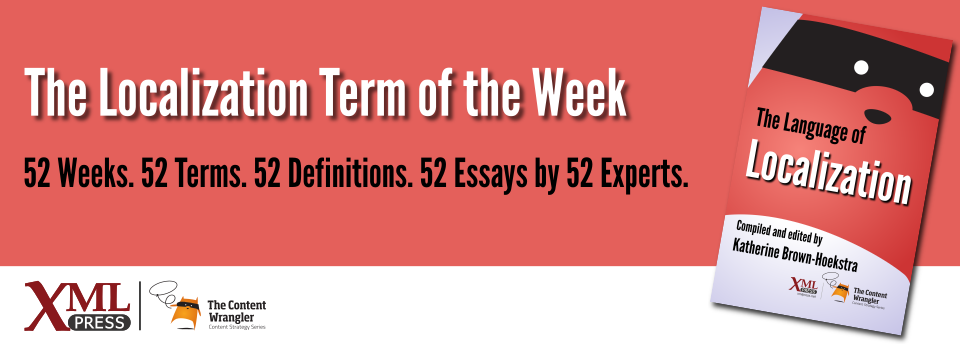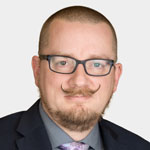What is it?
A form of human translation carried out within an integrated technology environment that provides translators access to sub-segment, adaptive machine translation (MT) and translation memory (TM), terminology lookup, and automatic content enrichment (ACE) to aid their work, and that automates project management, file handling, and other ancillary tasks.
Why is it important?
Augmented translation makes translators more efficient by automatically handling routine and repetitive tasks, and freeing them to focus on difficult content that requires human attention.
Why does a technical communicator need to know this?
Augmented translation gives translators access to various technologies in a unified environment. The central component is adaptive machine translation that learns from translators in real time. It extends translators’ capabilities by reusing their own work more efficiently and lets them focus on new and difficult content.
In addition, augmented translation combines the following:
- terminology identification and disambiguation that links to authoritative references with information and translations.
- automated content enrichment (ACE) that provides links to related resources, such as court decisions in a legal translation.
- translation memory that supports both machine translation and traditional methodologies.
- project management that automatically coordinates activities and shares information between all parties.
As of 2017, no environment incorporates all of these elements, but the individual components are becoming increasingly common, and some platforms already include some of them. As augmented translation technology evolves, it will make translators more efficient, productive, and valuable[DePalma 2017][Lommel 2017].
References
- [DePalma 2017] Augmented Translation Powers up Language Services: DePalma, Don and Arle Lommel. (15 February 2017) Common Sense Advisory Research blog entry on augmented translation.
- [Lommel 2017] Augmented Translation Puts Translators Back in the Center: Lommel, Arle. (19 May 2017) tekom blog entry on augmented translation.

